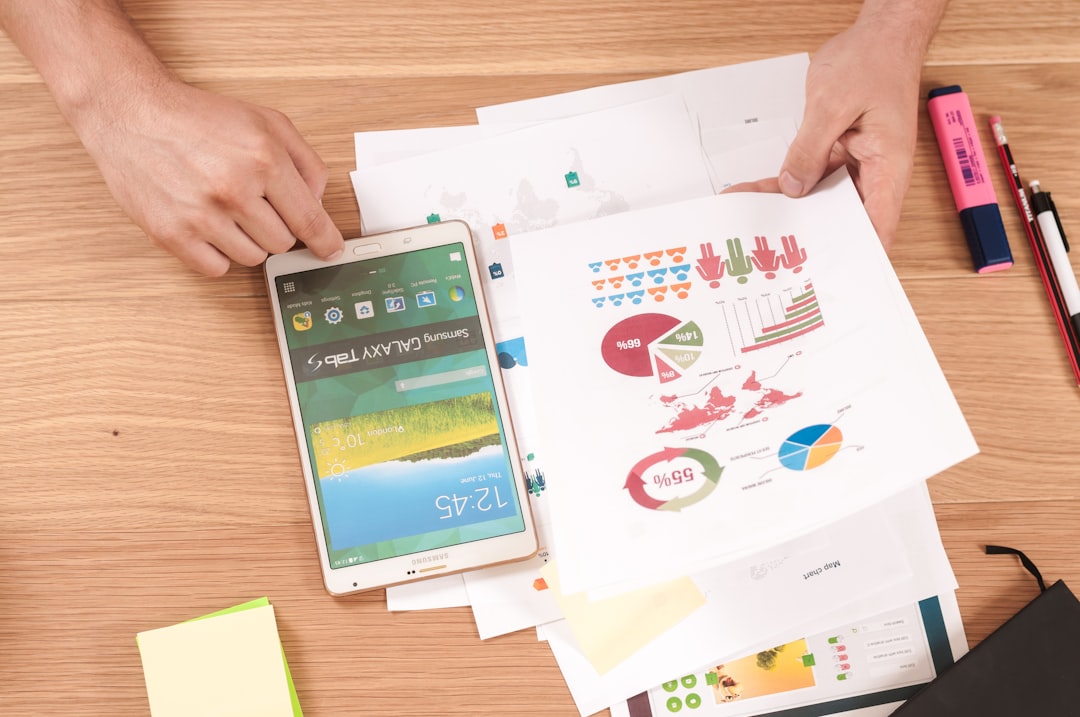Enterprise Resource Planning (ERP) and Customer Relationship Management (CRM) are two critical software systems that enable businesses to efficiently manage their operations and customer interactions. ERP software integrates various business processes and functions, including finance, human resources, inventory management, and supply chain management, into a unified system. CRM software, in contrast, focuses on managing customer relationships, sales, and marketing activities.
Both ERP and CRM systems are designed to optimize business operations, enhance efficiency, and improve customer satisfaction. SMS-iT is a provider of ERP and CRM solutions that offers a range of features and functions to help businesses optimize their operations and customer interactions. SMS-iT ERP and CRM provide businesses with tools and capabilities to manage their resources, processes, and customer relationships effectively.
The following sections will examine the features and functions of SMS-iT ERP and CRM in detail, as well as the key differences between the two systems and how they work together to support business success.
Key Takeaways
- ERP and CRM are essential business management tools that help streamline processes and improve customer relationships.
- SMS-iT ERP offers features such as inventory management, financial management, and supply chain management to help businesses operate more efficiently.
- SMS-iT CRM provides features like customer interaction tracking, lead management, and sales automation to enhance customer relationships and drive sales.
- ERP focuses on internal processes and operations, while CRM focuses on external interactions and relationships with customers.
- Integrating ERP and CRM systems can provide a comprehensive view of business operations and customer interactions, leading to better decision-making and improved business performance.
Features and Functions of SMS-iT ERP
Unified Operations Management
The system brings together finance, human resources, inventory management, supply chain management, and production planning, providing real-time visibility into business operations. Automated workflows and data-driven insights enable informed decision-making.
Financial Management Capabilities
SMS-iT ERP offers robust financial management features, including accounting, budgeting, and financial reporting tools. Businesses can track financial performance, manage expenses, and generate accurate financial reports to support strategic planning and decision-making.
Optimized Inventory Management
The system’s inventory management features include inventory tracking, demand forecasting, and order management. These capabilities help businesses optimize their supply chain, reduce operational costs, and improve overall efficiency.
Features and Functions of SMS-iT CRM

SMS-iT CRM is designed to help businesses manage their customer relationships, sales activities, and marketing campaigns effectively. The system offers a wide range of features and functions to streamline customer interactions, improve sales performance, and drive marketing success. With SMS-iT CRM, businesses can benefit from comprehensive tools for lead management, opportunity tracking, contact management, and campaign automation.
One of the key features of SMS-iT CRM is its sales force automation capabilities, which include lead management, opportunity tracking, and pipeline management tools. The system allows sales teams to track their leads and opportunities effectively, prioritize their activities, and close deals faster. Additionally, SMS-iT CRM offers robust marketing automation features, such as campaign management, email marketing, and lead nurturing tools, to help businesses drive targeted marketing campaigns and generate quality leads.
Understanding the Key Differences between ERP and CRM
While both ERP and CRM systems are essential for business success, they serve different purposes and focus on different aspects of business operations. ERP software is designed to integrate various business processes and functions into a single system, providing a comprehensive platform for managing resources, operations, and financials. On the other hand, CRM software focuses on managing customer relationships, sales activities, and marketing campaigns to drive customer satisfaction and revenue growth.
The key differences between ERP and CRM lie in their core functionalities and areas of focus. ERP systems are primarily focused on internal business processes, such as finance, human resources, inventory management, and supply chain management. These systems are designed to streamline operations, improve efficiency, and provide real-time visibility into business performance.
On the other hand, CRM systems are focused on external customer interactions, such as lead management, opportunity tracking, contact management, and marketing automation. These systems are designed to enhance customer relationships, drive sales performance, and support targeted marketing efforts.
How ERP and CRM Work Together
While ERP and CRM systems serve different purposes, they can work together seamlessly to drive business success. Integrating ERP and CRM systems allows businesses to streamline their operations, improve customer interactions, and drive revenue growth effectively. By connecting ERP and CRM data and processes, businesses can benefit from a holistic view of their operations and customer relationships to make informed decisions and drive strategic initiatives.
When ERP and CRM systems are integrated, businesses can benefit from improved data accuracy, streamlined processes, and enhanced collaboration between different departments. For example, sales teams can access real-time inventory data from the ERP system to provide accurate product availability information to customers. Additionally, customer service teams can access order history and billing information from the ERP system to provide personalized support to customers.
By integrating ERP and CRM systems, businesses can improve operational efficiency, enhance customer satisfaction, and drive revenue growth.
Choosing the Right Solution for Your Business

Understanding Your Business Needs
When selecting the right ERP and CRM solution for your business, it’s essential to consider your specific needs, industry requirements, and long-term goals. This involves assessing your current business processes, identifying areas for improvement, and defining your specific requirements.
Evaluating ERP and CRM Solutions
When evaluating different ERP and CRM solutions, consider factors such as scalability, flexibility, integration capabilities, user-friendliness, and support services. It’s crucial to choose a solution that meets your business needs and provides a strong foundation for growth and success.
Partnering with the Right Solution Provider
In addition to selecting the right ERP or CRM solution, it’s essential to choose a solution provider that offers comprehensive training programs, ongoing support services, and regular updates. This ensures the success of your ERP or CRM implementation and provides a strong partnership for your business.
Making Informed Decisions for Your Business
In conclusion, ERP and CRM systems play a crucial role in helping businesses manage their operations and customer relationships effectively. SMS-iT offers a comprehensive suite of ERP and CRM solutions with a wide range of features and functions to help businesses optimize their operations and drive revenue growth. By understanding the key differences between ERP and CRM systems and how they work together seamlessly, businesses can make informed decisions when choosing the right solution for their specific needs.
When selecting an ERP or CRM solution for your business, it’s essential to consider your specific requirements, industry standards, and long-term goals. With the right ERP or CRM solution in place, businesses can benefit from streamlined operations, improved efficiency, enhanced customer relationships, and sustainable growth. By partnering with a trusted solution provider like SMS-iT, businesses can leverage advanced technology to drive success in today’s competitive market landscape.
If you’re interested in learning more about maximizing customer engagement with SMS-iT, you should check out this article on SMS-iT Missed Call Messaging. This article delves into the various ways in which SMS-iT can be used to effectively engage with customers and improve overall customer satisfaction.
FAQs
What is the difference between ERP and CRM?
ERP (Enterprise Resource Planning) and CRM (Customer Relationship Management) are both software systems used by businesses, but they serve different purposes. ERP focuses on managing and integrating a company’s internal processes and resources, such as finance, HR, inventory, and production. CRM, on the other hand, is designed to manage and analyze customer interactions and data throughout the customer lifecycle, with the goal of improving customer relationships and driving sales growth.
What are the key features of an ERP system?
Key features of an ERP system include financial management, supply chain management, inventory management, production planning, human resources management, and customer relationship management. ERP systems are designed to streamline and integrate a company’s internal processes and data, providing a comprehensive view of the business and enabling better decision-making.
What are the key features of a CRM system?
Key features of a CRM system include contact management, lead management, sales pipeline management, customer service and support, marketing automation, and analytics. CRM systems are designed to help businesses build and maintain strong relationships with customers, track interactions and communications, and ultimately drive sales and revenue growth.
How do ERP and CRM systems work together?
While ERP and CRM systems serve different purposes, they can work together to provide a comprehensive view of the business and its customers. Integration between the two systems allows for seamless data sharing and communication, enabling better coordination between internal processes and customer interactions. This can lead to improved efficiency, better customer service, and more informed decision-making.







